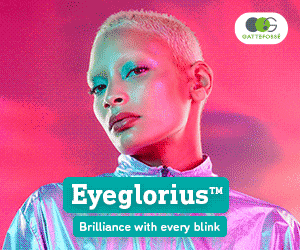Croda is the latest cosmetic ingredients provider to ‘decode’ consumer language to help its clients meet their customers' needs.
The UK company’s new SenStories selector tool has been designed to help guide Croda clients to select the ideal emulsifier for their skin care formulations.
According to Croda, since the sensory attributes of a formulation can be described in many ways, this new tool links the language of the consumer with the language of the formulator to provide meaningful sensory observations.
It uses a reproducible methodology to connect insights on consumer perception and language choice with the knowledge that ingredient combination and colloidal structure are responsible for a given sensorial experience.
The data that informs SenStories was generated through the exploration of how two unique groups of consumers – in Singapore and France – perceived the touch-sensory characteristics of a range of simple skin care formulations.
Using consumer analytical tools, correlations or differences between the descriptive language used by each consumer set (the sensorial semantics) and the technical sensory language (the sensorial syntax) were identified.
The SenStories Selector tool was then developed using a proprietary algorithm to offer users a quick and easy way to discover oil-in-water emulsifier systems based on the desired sensory of their target consumer.
To use the tool, formulators can select the consumer set they wish to explore and then one or two of the semantics options (consumer language descriptors) relating to their target sensory profile.
According to Croda, additional refinement for ingredient recommendations can include regulatory restrictions and ingredient accreditations.
Croda is one of several cosmetic ingredients suppliers unlocking consumer language to better service their clients.
The fragrance and flavour business of Givaudan launched DigiPulse in October, which claimed to be the first olfactive social listening tool designed to collect and decode consumers’ online comments about fine fragrances.
Earlier this week, meanwhile, Lubrizol Life Science Beauty announced its new Foresee Lab, which aims to bring ‘a clear picture of the future of beauty’; this product uses AI to analyse online product reviews and identify consumer preferences across different beauty segments.




